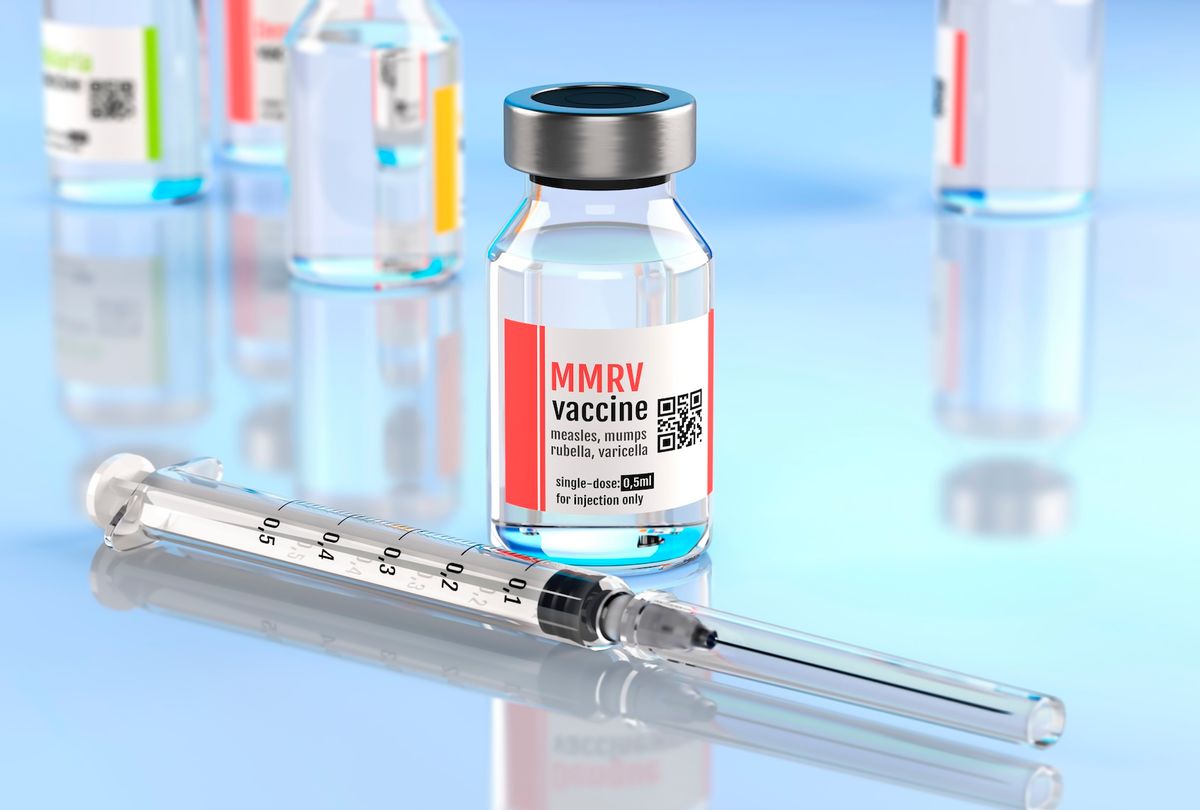This week, the CDC’s government-chartered advisory body is meeting to consider a new round of immunization recommendations for adults and children.
This meeting of the Advisory Committee on Immunization Practices, or ACIP, has been a long time coming. Six weeks ago, the Trump Administration indefinitely postponed the first ACIP meeting scheduled for this year.
Six weeks may not seem long, but such delays become significant, for example, when doctors and pharmacies need to stock vaccines in advance of the fall and winter respiratory season. The CDC depends on timely ACIP recommendations to set its U.S. adult and childhood immunization schedules, which clinicians need for their patients. In addition, Medicare, Medicaid, and private insurance companies base their coverage policies on ACIP recommendations.
Delays can also be dangerous for people’s health. Older adults and people living with high-risk conditions account for the majority of deaths and hospitalizations from respiratory illnesses such as RSV, flu and COVID-19, and stand to benefit the most from effective vaccination.
But for all the progress vaccines have made in protecting the public, ACIP guidance must be precise. At this meeting, ACIP will consider lowering the risk-based age recommendation for RSV vaccines to adults ages 50 and older. RSV causes 42,000 hospitalizations a year in adults ages 50 to 64 in the U.S., as well as increased mortality rates. Additionally, over 13 million U.S. adults ages 50 to 59 have at least one diagnosed medical condition that increases their risk for severe complications of RSV. Lowering the risk-based recommended vaccination age would provide earlier and more widespread protection, reducing overall disease burden and associated health care costs.
"If ACIP does not vote on this VFC resolution, there will be no guarantee of free flu vaccines offered to children who need them this fall."
We at the Alliance for Aging Research appreciate the ACIP’s continued commitment to COVID-19 vaccine evaluation, particularly considering recent effectiveness data indicating vaccine protection comparable to flu vaccines among high-risk groups. We hope to see an announcement by the FDA to convene its Vaccines and Related Biological Products Advisory Committee (VRBPAC) any day now to meet and coordinate closely with ACIP to avoid delays in production and availability of COVID-19 vaccines for the fall and winter respiratory season.
However, we’re concerned that two important ACIP votes on flu vaccines were removed from the original meeting agenda. One vote would have set flu vaccine recommendations for the 2025-2026 U.S. flu season following the FDA’s March review.
Want more health and science stories in your inbox? Subscribe to Salon's weekly newsletter Lab Notes.
The second omitted vote was on a resolution to include flu vaccines in the Vaccines for Children Program. The CDC's Vaccines for Children (VFC) Program provides vaccines at no cost to eligible children and adolescents, ensuring they don't miss out on crucial immunizations due to financial barriers. If ACIP does not vote on this VFC resolution, there will be no guarantee of free flu vaccines offered to children who need them this fall.
The decisions to remove or delay ACIP votes on flu vaccines are not inconsequential. A 5% increase in vaccination coverage can reduce symptomatic influenza cases across all age groups, especially in preschool children and adults ages 65 and older. This is significant because coverage in these groups is already near the Healthy People 2030 goal of 70%. Increased vaccination coverage can lead to millions fewer influenza cases and tens of thousands fewer hospitalizations in a moderate severity season.
Perhaps these votes will be rescheduled for the June ACIP meeting. We hope to hear more this week.
We need your help to stay independent
The resurgence of measles serves as a cautionary tale for allowing bureaucratic maneuvering to undermine the integrity of vaccine policy and public health. According to the CDC, since January 1, 2025, three measles deaths have been reported — one in an unvaccinated adult in New Mexico and two in unvaccinated school-age children in Texas. Measles can be severe — of the more than 710 measles cases confirmed in 2025 so far, 12% have been hospitalized.
We urge the committee to continue to prioritize measles vaccination, particularly given its potential severity in older adults. Measles is the most contagious infectious disease in the United States, and complications can be especially dangerous in older populations, causing serious conditions such as pneumonia and encephalitis, and even death. Prior to the introduction of the measles vaccine in 1963, the virus killed about 500 Americans and disabled about 1,000 every year.
Despite hype regarding conflicts of interest, ACIP has strict safeguards and disclosure rules to prevent undue influence on vaccine policy. Members are prohibited from having financial relationships with vaccine manufacturers, and those with prior research involvement must step back from any related votes.
Since ACIP was formed more than six decades ago, its work has helped save millions of lives. We must let ACIP do its job to protect public health.
Read more
about public health and vaccination



Shares